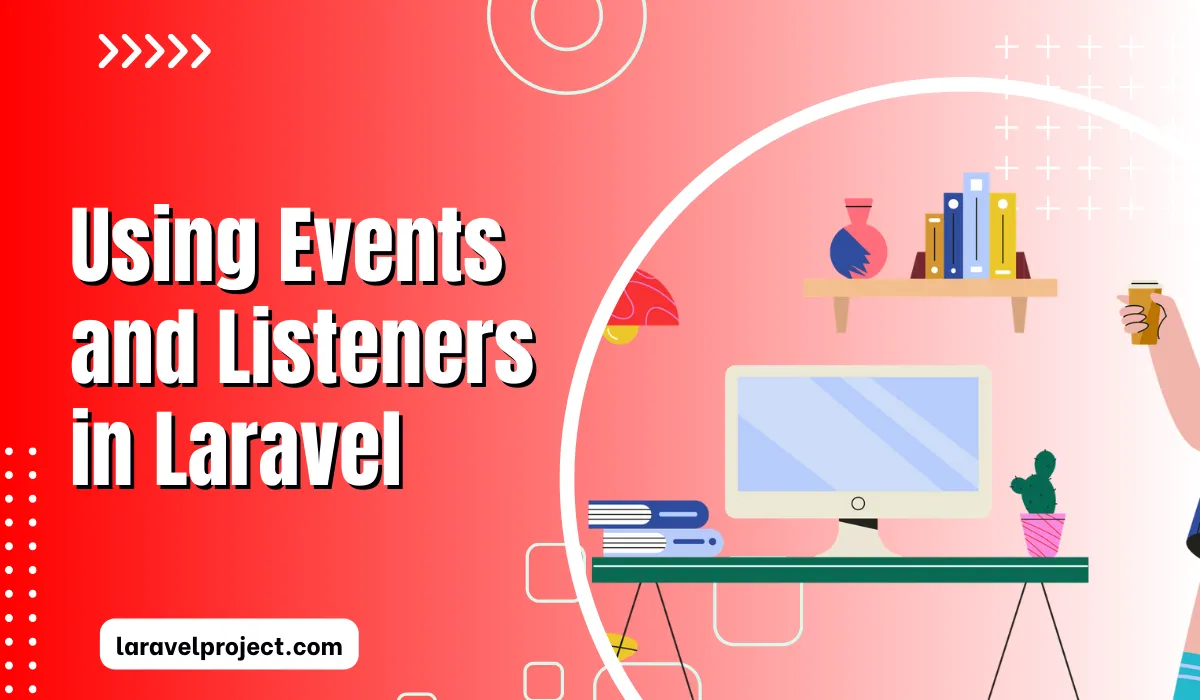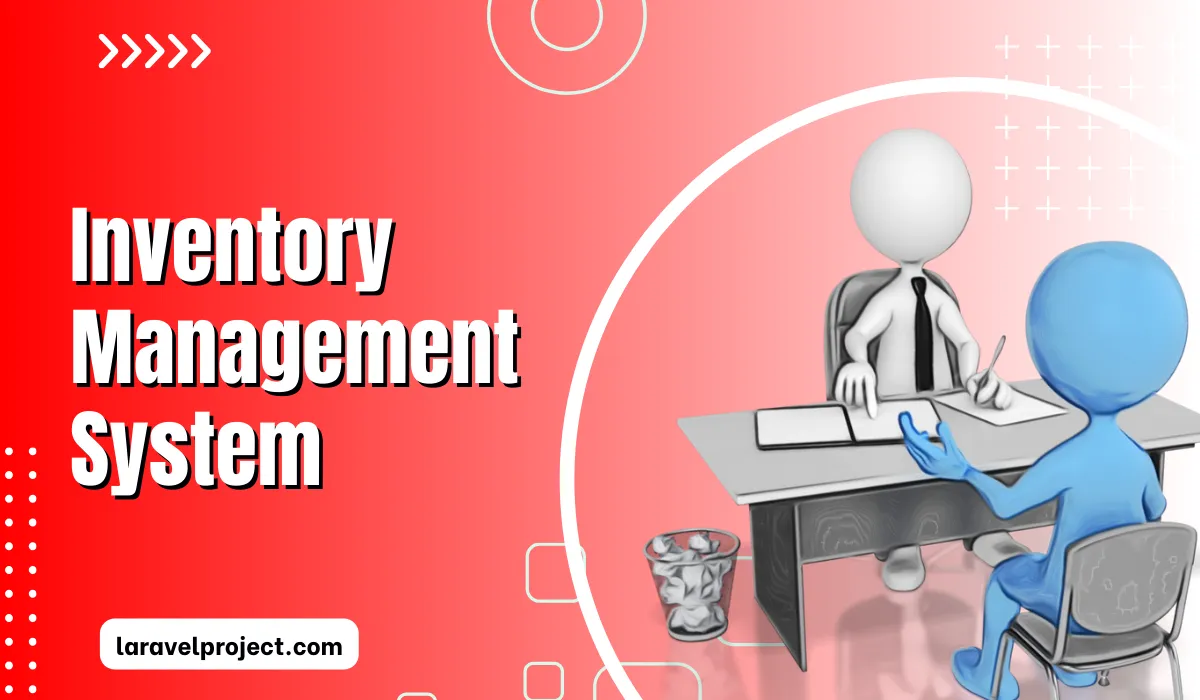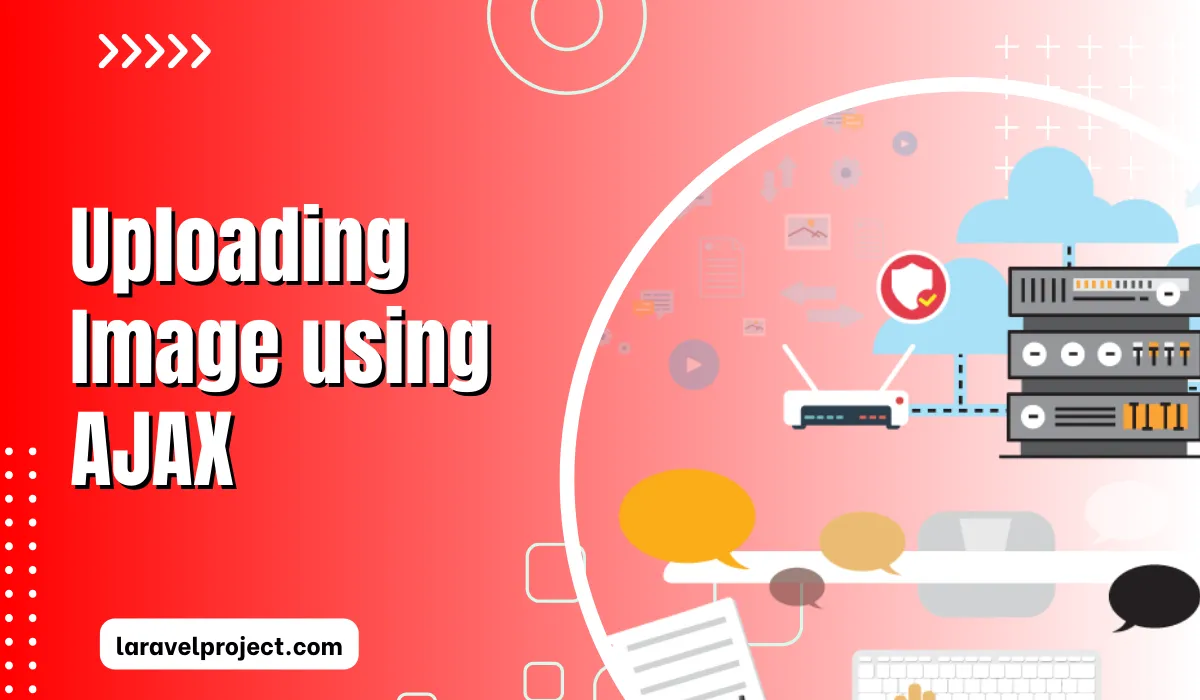Table of Contents
Laravel provides an excellent way to hook into a certain event in your application using Events and Listeners. This feature will allow you to subscribe and listen to various activities that took place in your application.
In simple words, think of an event as something that has occurred in your application and listeners as a set of logic to respond with. Therefore, this allows us, developers, to make announcements within the application that something has happened and perform a set of operations based on that specific event.
As a result, Events and Listeners will further help to simplify our codes and refactor complicated tasks.
In this article, we’ll create Events and Listeners using an example of a post. Once a post is created, the users will be notified about the post through emails.
Creating Events and Listeners
First, we’ll start by creating an event PostCreated and a listener NotifyPostCreated. You can use the following artisan command to create one.
php artisan make:event PostCreated
php artisan make:listener NotifyPostCreated --event="PostCreated"The command above will create events and listeners inside directories in the ‘app/Events’ and ‘app/Listeners‘ folders respectively.
After that, you need to register your events and listeners in app/Providers/EventServiceProvider.php file.
The protected $listen property contains an array of all events and their listeners as key-value pairs. Next, we add the event PostCreated and the listener NotifyPostCreated to array $listen as shown below.
use App/Events/PostCreated;
use App/Listeners/NotifyPostCreated;
//...
/**
* The event listener mappings for the application.
*
* @var array
*/
protected $listen = [
//...
PostCreated::class => [
NotifyPostCreated::class,
],
];Now that we have set up events and listeners, all that remains is to define some logic inside the event and listener. Then, finally dispatching/raising the event to execute a list of operations contained in each listener.
Defining Events and Listeners
First, let’s start with the event class PostCreated which we created earlier. What we want is to notify users every time a new post is created.
For that, we’ll need to pass the actual $post instance to the __contruct method of this PostCreated class. You’ll learn how to dispatch an event later down but the purpose of this is to make the $post instance accessible among all listeners.
# app/Events/PostCreated.php
post = $post;
}
}Second, the listener class NotifyPostCreated will hold the actual logic to send the email to the users.
Notice there’s a handle function, this is the method that will get called by the event and within this handle method, we’ll write all the necessary code to send the email.
# app/Events/NotifyPostCreated.php
post...
$users = User::all();
foreach($users as $user) {
Mail::to($user)->send('emails.post.created', $event->post);
}
}
}Please note that I’ve used Mail facade to send an email and configured mail credentials accordingly and also created an email markup blade file in resources/views/emails/post/created.blade.php.
Dispatching Events
The last step is to trigger or fire the PostCreated event. All you need to do is use event() a helper. This helper will dispatch the event to all of its registered listeners.
For instance, In PostController:
# app/Http/Controllers/PostController.php
<?php
namespace App\Http\Controllers;
use App\Events\PostCreated;
use App\Http\Controllers\Controller;
use App\Post;
class PostController extends Controller
{
//...
public function store(Request $request)
{
// post storing logic...
event(new PostCreated($post));
}
}Alternatively, if your event uses the Illuminate\Foundation\Events\Dispatchable trait, you may call the static dispatch method on an event like this.
//...
public function store(Request $request)
{
// post storing logic...
PostCreated::dispatch($post);
}Finally, whenever a new post is created, PostCreated the event will be raised and eventually executes the listener NotifyPostCreated to notify users.
I hope this article made you understand the concept of events and listeners and how you can implement this in your Laravel application.
You can find out more about events and listeners in Laravel docs.




This is simple and apt 👌.